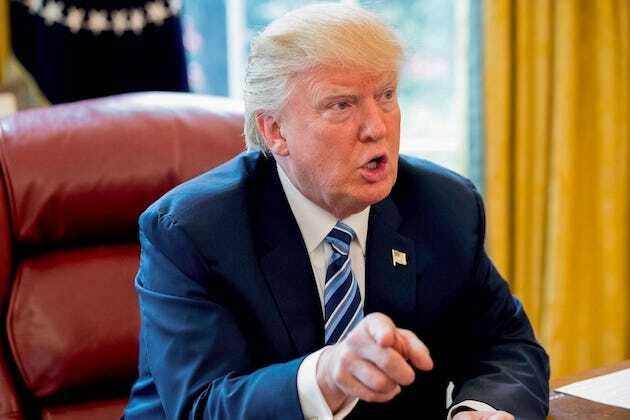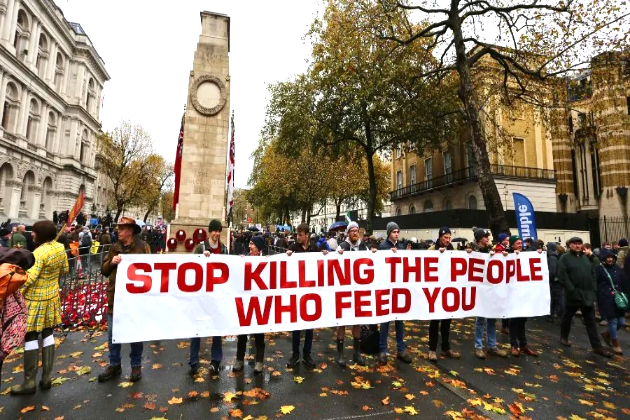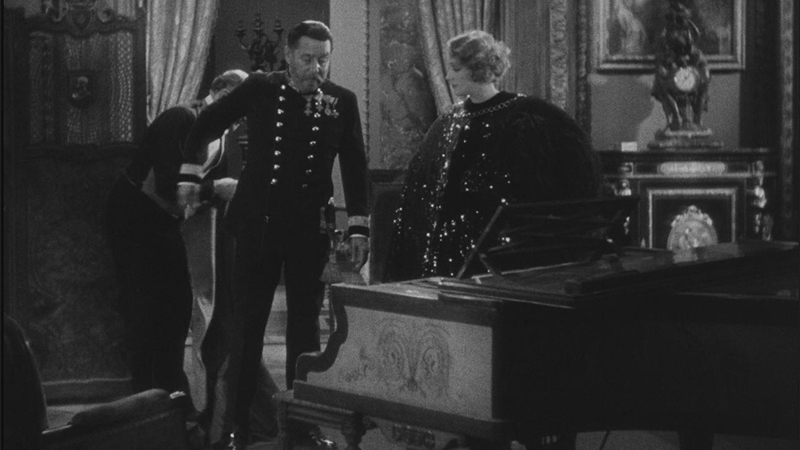British cop investigates the meaning behind Russian prison tattoos
RBTH
12 Oct 2016, 15:49 GMT+10

Mark Bullen couldn't help but notice the tattoos on the criminals he encountered during a visit to Russia in 2010. His fascination has resulted in a new book exploring the phenomenon.
Personal archive
Pictures of criminal tattoo Bullen took in Russia.
Personal archive
Pictures of criminal tattoo Bullen took in Russia.
Personal archive
Pictures of criminal tattoo Bullen took in Russia.
Personal archive
Pictures of criminal tattoo Bullen took in Russia.
Personal archive
Pictures of criminal tattoo Bullen took in Russia.
Personal archive
Pictures of criminal tattoo Bullen took in Russia.
1/6
During a police training exchange in St. Petersburg in 2010, UK police office Mark Bullen noticed something unusual about the criminals he saw.
'I began to notice that almost everyone the cops dealt with had these bluey-green tattoos," Bullen said. "We have this prison tattoo thing in the UK, too, but nothing on the scale that I saw in Russia."
The trip in 2010 wasn't Bullen's first experience in Russia. He spent two years studying in the country during the 1990s, becoming fluent in Russian. During the 12 years Bullen served in the police force in Hertfordshire, an area north of London, he was the only Russian-speaking policeman on the force.
Throughout the exchange program and upon his return to the UK, Bullen began gathering facts about Russian prison tattoos, doing research on his own and asking his St. Petersburg colleagues for help. "I asked the cops I was on patrol with what it was all about, and they explained that all prisoners in Russia jails tattoo themselves in a sort of 'criminal CV' - almost like a uniform. A cop could know all about an offender just by reading his tattoos; it was an important part of their job."
His research culminated in the book (2016) - a self-described "guide to Russian prison tattoos and Russian-speaking organized crime gangs."
The origin of criminal tattoos
Bullen writes that the phenomenon of prison tattoos began in the imperial period, possibly inspired by meetings between Russian sailors and their tattooed British counterparts. But Russia at that time already had a way of marking criminals. "The branding of thieves in Tsarist Russia must also be considered as a reason why tattooing became so widely spread among the class of professional criminals," Bullen writes. Until the mid-19th century, offenders sentenced to hard labor were branded with the words, vor (thief) or kat (katorzhnik - hard labor convict), directly on their faces so that they could never hide their crimes. Over time, tattooing became an important part of criminals' image.
Bullen notes that the significance of prison tattooing in Russia changed over time. During the Stalinist period, tattoos were a kind of secret code describing specific crimes. "Each tattoo would have some symbolism defining the acts the wearer had committed," Bullen writes. Today, he says, the tattoos are more a tribute to the traditions of the past time. "The strict code around them is no longer enforced to the extent it was prior to 1945," says Bullen.
He also explores the differences between tattoos on men and women. Despite the fact that tattoos on women "are based more around sentimentality, the tragedies of life and love" they also have a special code. Bullen notes that the tattoos female criminals, especially punishment tattoos, can be even more graphic than those on men.
Russian criminals then and now
Bullen also provides an overview of crime and prison culture in Russia in the 20th and 21st centuries, focusing in particular on the "vory-v-zakone" or "thieves-in-law" -- an elite group of career criminals influential in the Russian mafia. Bullen describes them as an "ultra-efficient group that emerged from the ruins of Soviet Union." He considers them one of the most powerful Russian crime groups in the 1990s who still maintain influence today.
is worth a read not only as an encyclopedia of Russian prison tattoos but also as a guide to Russian prison history and culture. Bullen for his part says he will keep exploring tattoos and how their meanings change - for his own interest as well as part of his current work teaching about the activities of Russian crime groups and their tattoos.
Thief in Law
In pictures: Russian criminal tattoo archive
Copyright (c) 2007-2016 RBTH - Published under license Share
Share
 Tweet
Tweet
 Share
Share
 Flip
Flip
 Email
Email
Watch latest videos
Subscribe and Follow
Get a daily dose of Irish Sun news through our daily email, its complimentary and keeps you fully up to date with world and business news as well.
News RELEASES
Publish news of your business, community or sports group, personnel appointments, major event and more by submitting a news release to Irish Sun.
More InformationInternational
SectionGod responsible for his presidency, claims Trump
WASHINGTON, DC - U.S. President Donald Trump on Monday said he believed God was behind his election loss in 2020, even though he has...
Passenger traffic plummets at Newark Airport amid travel disruptions
NEW YORK CITY, New York: Passenger numbers at Newark Liberty International Airport in New Jersey have dropped sharply, according to...
EU probes Visa, Mastercard fees amid antitrust scrutiny
BRUSSELS, Belgium: European Union antitrust regulators are examining fees imposed by payment giants Visa and Mastercard, Bloomberg...
US Army to list only birth sex in transgender soldiers' records
WASHINGTON, D.C.: The U.S. Army plans to change the records of transgender soldiers to list only their sex at birth, according to a...
US FAA orders flight reductions at Newark Airport to ease congestion
WASHINGTON, D.C.: The Federal Aviation Administration (FAA) said this week that it will require airlines to reduce the number of flights...
Nine children from 1 family die as Israel Air force pilots hit 100 targets in Gaza
GAZA - The home of a doctor working in the emergency room at the Nasser Medical Complex in southern Gaza was struck by Israel Air...
Europe
SectionEU probes Visa, Mastercard fees amid antitrust scrutiny
BRUSSELS, Belgium: European Union antitrust regulators are examining fees imposed by payment giants Visa and Mastercard, Bloomberg...
Hundreds of children may be recalled after Dublin hip surgery audit
DUBLIN, Ireland: Nearly 500 children who had hip surgery at two Dublin hospitals between 2021 and 2023 may need to be recalled for...
US drug launch prices double in four years, Reuters finds
BRUSSELS, Belgium: U.S. drugmakers are charging significantly more for new treatments, particularly those targeting rare diseases,...
Trump re-ignites trade war, targets Europe in extraordinary attack
WASHINGTON, DC - U.S. President Donald Trump re-ignited his trade war on Friday with an extraordinary attack on the European Union...
Ireland urged to boost tech sector amid job decline
DUBLIN, Ireland: The number of people employed in social media companies in Ireland has dropped by 11 percent since 2022, according...
Farmers protest EU funding reforms in Dublin
DUBLIN, Ireland: Farmers and co-op leaders gathered outside the European Commission offices in Dublin this week, voicing opposition...












